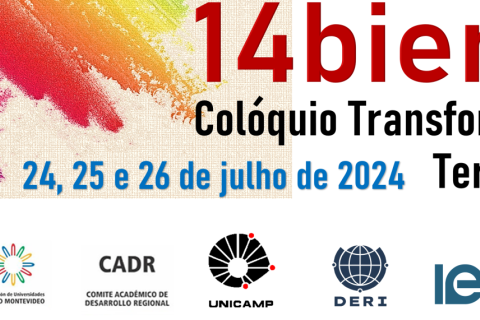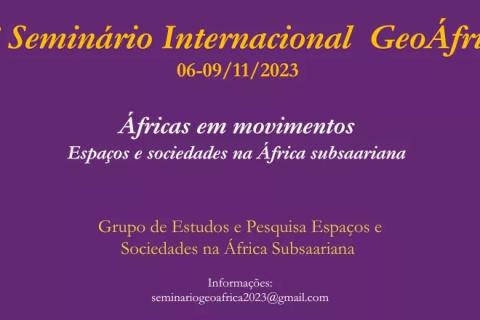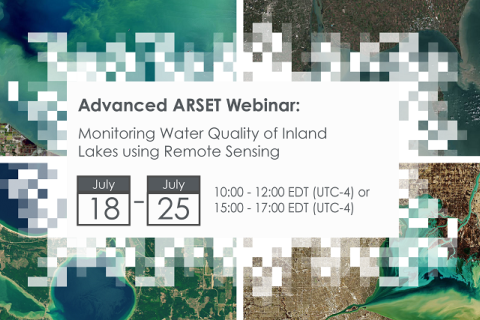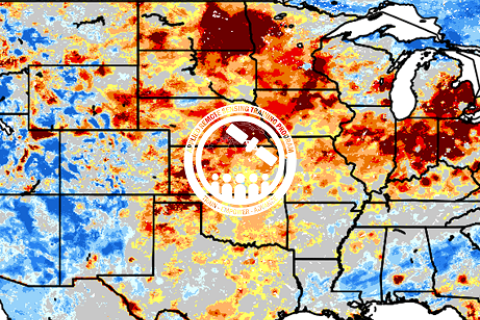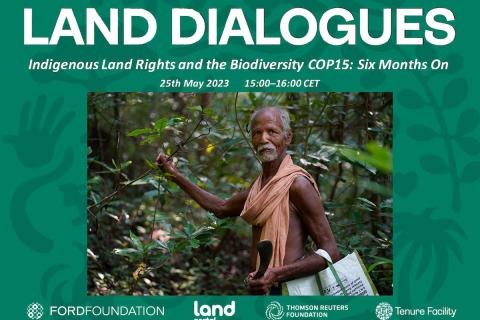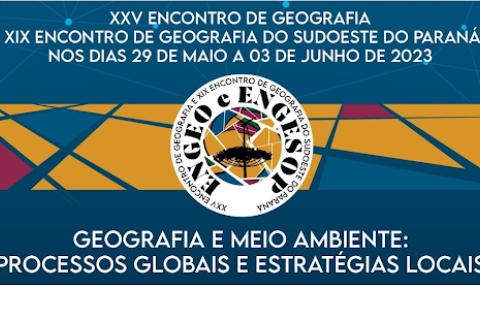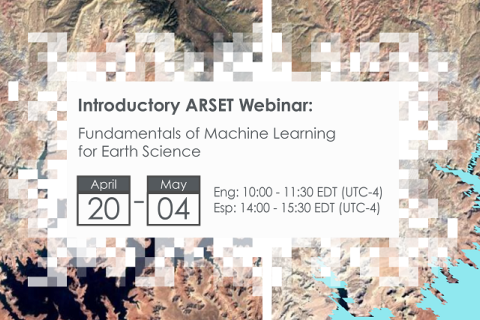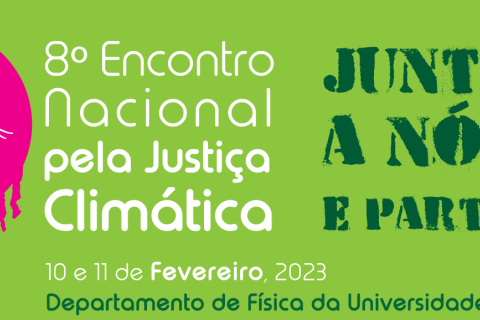Chamada de trabalhos: XIV Bienal do Colóquio de Transformação Territorial
O Comitê Acadêmico para o Desenvolvimento Regional (CADR), pertencente à Associação de Universidades do Grupo de Montevidéu (AUGM), convida para a XIV Bienal do Colóquio de Transformação Territorial nos dias 24, 25 e 26 de julho de 2024, com o tema “Desafios territoriais diante das ameaças e possibilidades latino-americanas: estratégias para reduzir as injustiças socioambientais”, no Instituto de Economia da Universidade Estadual de Campinas (UNICAMP, Campinas, São Paulo, Brasil), em modalidade híbrida (presencial e remoto).

